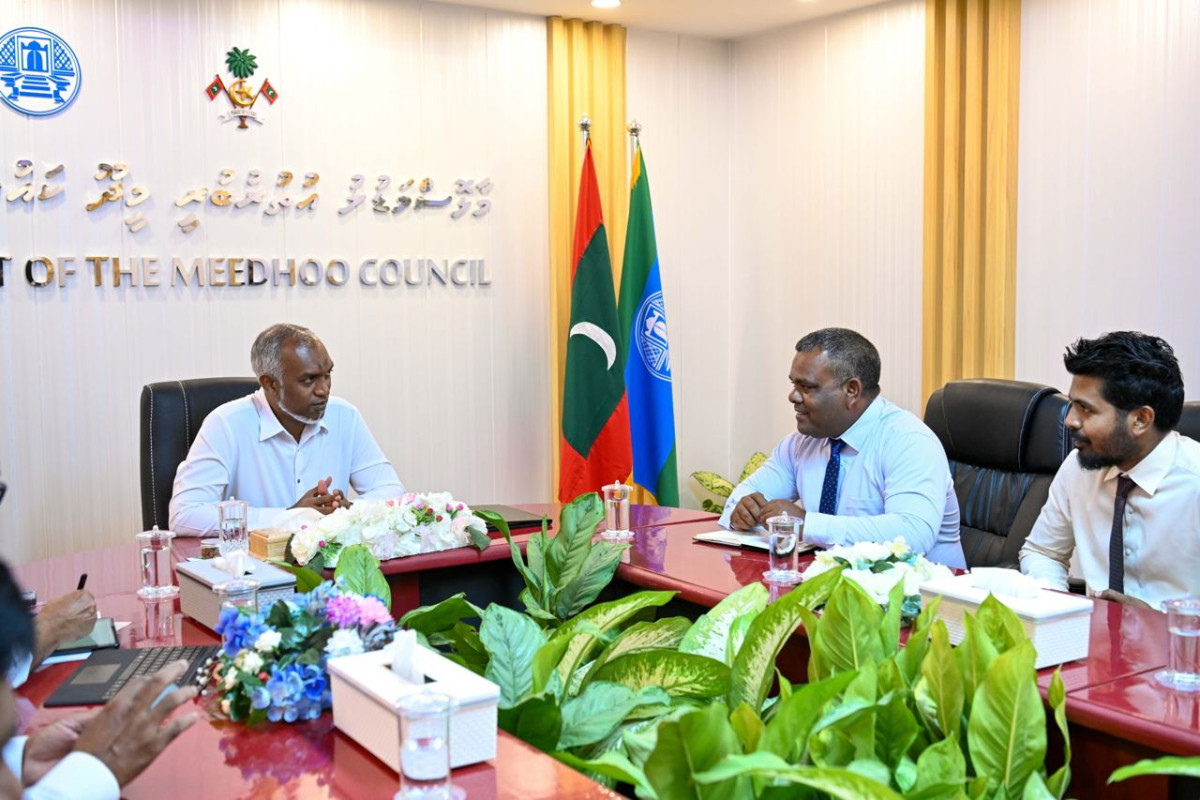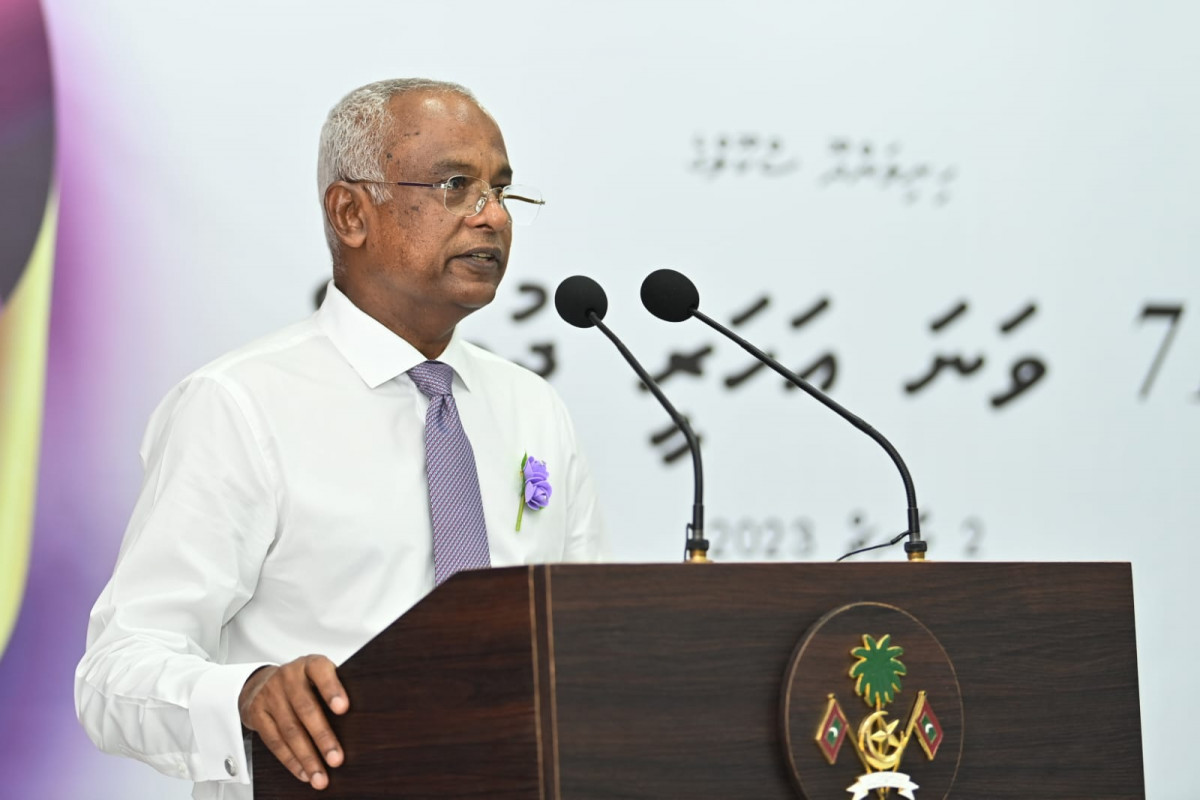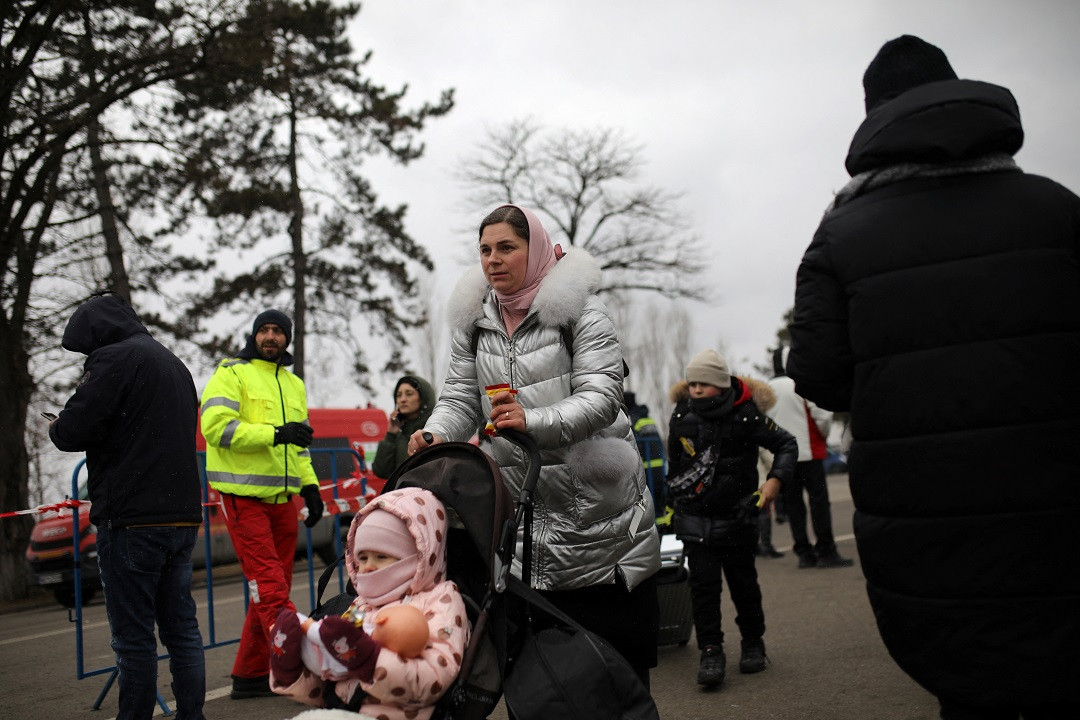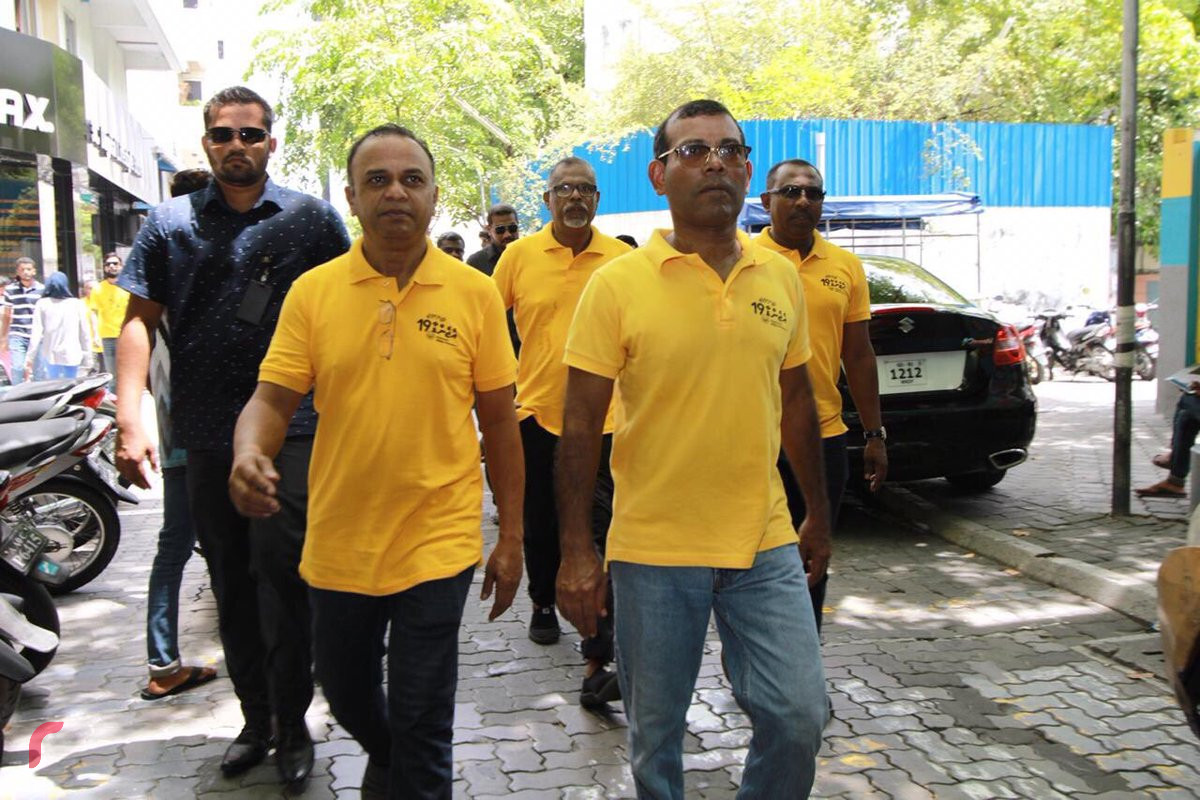"Maldivians are a very resilient bunch, we survived in the middle of nowhere for thousands of years"
He noted that Maldives is also facing coral bleaching, which due to rising temperatures, is damaging the fisheries sector and the entire marine ecosystem

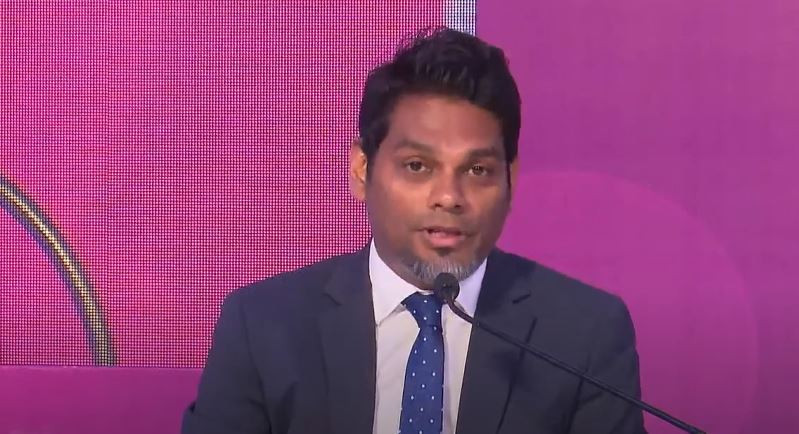
STO's Managing Director Hussain Amru
Maldivians are very resilient and has survived in the middle of nowhere for thousands of years, says Managing Director of the State Trading Organization (STO), Hussain Amru.
Amru made these remarks while speaking at the IsDB Group Private Sector Forum hosted by the International Islamic Trade Finance Corporation, themed “Evolving Trade Towards Regional Cooperation, Sustainability and Inclusivity”.
Noting that Maldives is a scatter of 1,200 islands, which are all below one meter above the sea level, Amru stated that the economy of Maldives is mainly based on tourism and fisheries, both of which are vulnerable to extreme weather conditions, sea level rise and rising temperatures.
As such, he noted that the white sandy beaches of Maldives are eroding due to rising sea levels, which will have a devastating effect on the country’s tourism, economy and livelihoods.
Further, he noted that Maldives is also facing coral bleaching, which due to rising temperatures, is damaging the fisheries sector and the entire marine ecosystem.
Amru said that climate change is very much threatening the Maldivian livelihood and its 2,000-year-old civilization,
Amru went on to note that resorts across the Maldives are initiating greener projects, some of which are running completely on renewable energy now.
He went on to touch down on the cabinet session that was held underwater, which he said created a lot of awareness on the subject of sustainability and also about Maldives.
The STO MD also revealed that Maldives is the most ideal destination to conduct case studies and researches, as the island nation is one of the most vulnerable countries when it comes to climate change. However, he stressed that the country’s education system is not that advanced.
He went on to urge the international research institutions and universities to conduct surveys and do the researches, the breakthrough researches, the affordable technology that really needs to be done.

